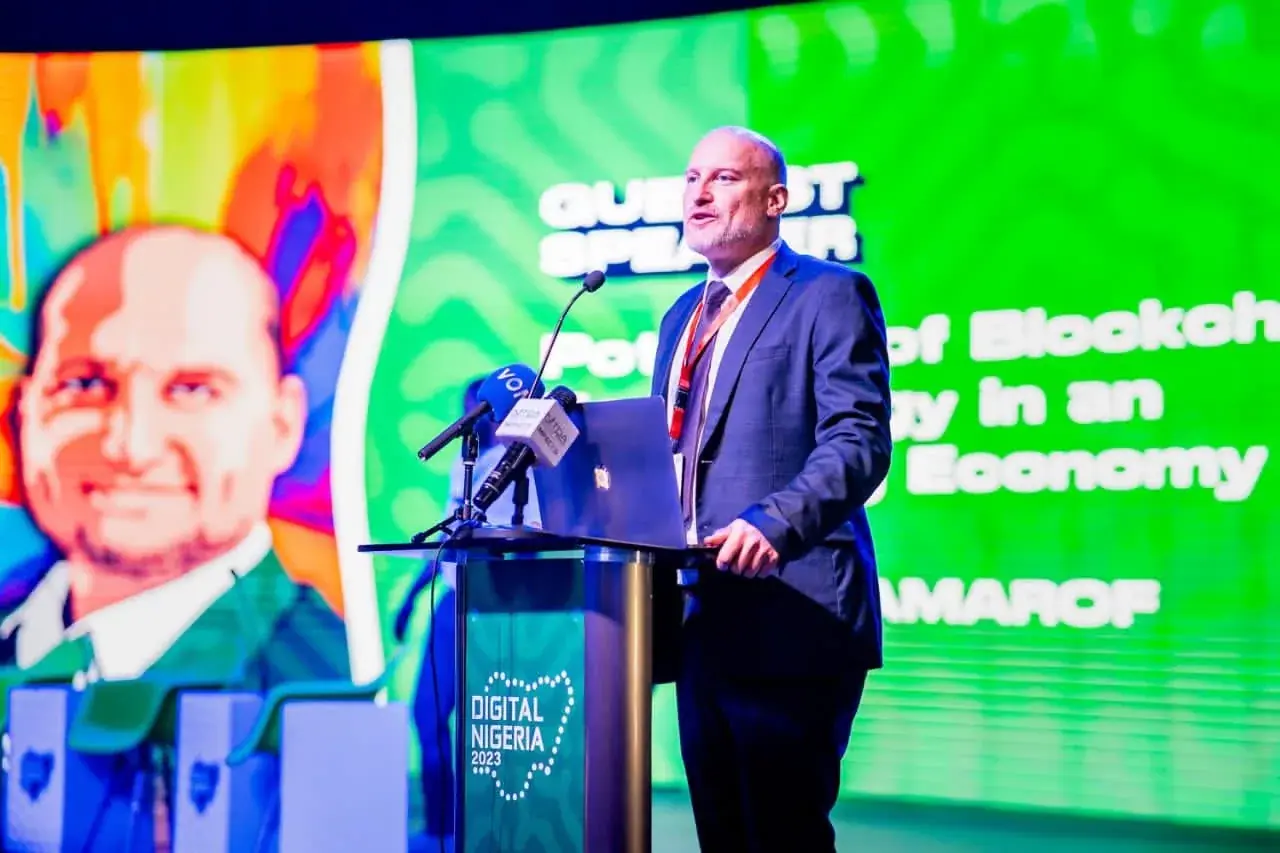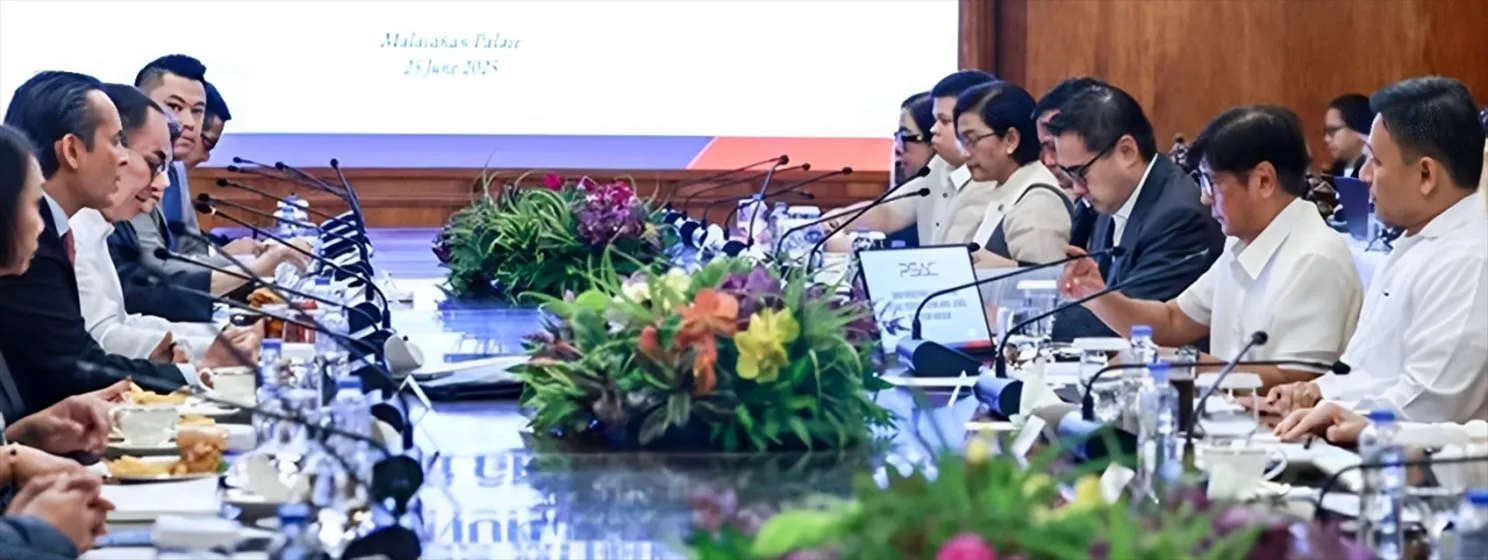|
Getting your Trinity Audio player ready...
|
Africa’s digital asset and blockchain industry has come a long way. In 2021, the continent made its mark in the sector, and in 2022, blockchain came of age in the region. 2023 was the year of maturity as digital assets became more prominent and moved beyond speculation.
The year also saw the most regulatory action by African countries as they cracked down on illegal actors in the sector and legally recognized and licensed the legitimate players.
Africa embraces digital assets, blockchain
That Africa is the region that needs digital asset and blockchain solutions the most is a narrative that has been around for ages. However, few initiatives have been a success.
This year, the region embraced digital assets and the underlying technology like never before. According to a Chainalysis study in September, African countries have been flocking to digital assets to protect against inflation and debt in a year when the leading economies saw the value of their national currencies shrink, with both the South African rand and Nigeria’s naira setting new lows this year.
One study after another showed that retail investors lead Africa’s digital asset adoption. The region, alongside Eastern Europe, accounts for the highest share of transaction volume under $1 million.
One of the most notable trends was the shift towards stablecoins. According to one study, these dollar-pegged digital assets now account for over half the value sent to African countries. With stablecoins, Africans can make payments with digital assets without worrying about price volatility, further boosting adoption.
On the stablecoin front, the biggest news this year for the region was a partnership between leading Bitcoin wallet Centbee and Swiss firm Centi.
🌍 Big News! Teaming up with @Centbee to transform remittance services using blockchain!🚀 Our mission: affordable & inclusive cross-border transfers for the African diaspora. Early results suggest an 85% cost reduction – more 💸 for you! 👉https://t.co/E41cU0X3gi pic.twitter.com/z0q6WndGuT
— Centi.ch (@ChCenti) June 1, 2023
The South African firm now integrates Centi’s stablecoin to power remittances to Sub-Saharan Africa. Preliminary tests showed that the integration cut remittance costs from Europe to Africa by 85%.
At a national level, Nigeria maintained its position at the helm of Africa’s digital asset industry, with some studies showing that it was responsible for over half of the entire continent’s trading volume.
The West African country’s adoption was aided by some tailwinds, among them a cash shortage that hit the nation in the first few months, almost grinding Africa’s largest economy to a halt. On the flipside, this shortage led to a 63% spike in eNaira transactions and boosted digital asset uptake.
Other countries have attempted to turn to digital assets with varying degrees of success. The Central African Republic’s foray into BTC as legal tender failed terribly, and the government’s attempts to salvage it through the national Sango coin were just as disastrous. Despite a new task force to integrate Sango into the economy, it has failed to hit the ground running, and its listing keeps getting postponed.
Zimbabwe went a different route, launching a gold-backed digital asset this year. Known as ZiG, it was introduced in May despite warnings by the International Monetary Fund (IMF) and was launched as a payment option in October.
As Zimbabwe sought to pioneer a new payment method, Nigeria pushed on with its central bank digital currency (CBDC), the eNaira. Despite a surge in usage earlier in the year due to cash shortage, the eNaira has failed to hit the anticipated heights. A revision of the CBDC model in August didn’t do much for its adoption, nor did an upgrade that introduced NFC and programmability features.
Other African countries have dismissed CBDCs, with some, like Kenya, saying their payment systems are sufficient for their citizenry.
On the blockchain front, Nigeria was the regional leader yet again. Former President Muhammad Buhari launched the national blockchain policy in May, and institutions such as the National Information Technology Development Agency (NITDA) have been pushing for its adoption. In one application, the country’s youth service is set to issue certificates on the blockchain to curb widespread forgery.
On the events fore, Digital Nigeria was Africa’s largest blockchain event this year. Attracting thousands in Abuja, the event was graced by speakers including Centbee’s Lorien Gamaroff, Communications Minister Bosun Tijani, NITDA’s Abdullahi, and BSV Blockchain Association’s Evan Freeman.

Digital Nigeria showcased the best of Africa as guests discussed how blockchain can transform the region.
Regulators take control
As adoption soared, regulators stepped up to regulate the sector, with 2023 seeing the highest number of policies and crackdowns in the blockchain sector.
Kenya’s crackdown on Worldcoin has been one of the most significant this year. The project, which collects data through the scanning of eyeballs and other tactics, launched in late July, and barely two weeks in, thousands were queueing for hours in Nairobi for the free WLD tokens as they surrendered extensive data.
Kenyan regulators soon cracked down on Worldcoin, with authorities detaining CEO Alex Blania before the American government stepped in to secure his freedom. Lawmakers have since banned the project, which they accused of espionage.
The East African country also passed the Finance Act, which demands a 3% tax from digital asset traders. In November, lawmakers enlisted the assistance of the country’s Blockchain Association in drafting a legal framework for the sector.
Nigeria grabbed the headlines when it banned Binance’s operation, only for the global exchange to distance itself from the local outfit. Uganda and Namibia approved new digital asset laws, while Zambia conducted regulation tests from February to June.
South Africa began to regulate digital asset ads in January, and in December, it revealed it was weighing issuing licenses to 36 virtual asset service providers (VASPs). It also became the only African country to commit to new global ‘crypto’ taxation standards.
What’s next for Africa in 2024?
2024 will be the year when digital assets become mainstream. The leading economies are gradually implementing digital asset regulations, from Kenya to South Africa, and Ghana to Nigeria.
Once the regulations and licenses are in place, VASPs will start offering their services to the masses and partnering with tightly regulated institutions like banks.
Another trend to watch in 2024 will be CBDCs. Nigeria will continue to push the eNaira under the stewardship of its new Central Bank of Nigeria governor, and others like Ghana and South Africa will step up their efforts.
Watch how AlphaDAPP revolutionizes blockchain adoption in Africa

 07-02-2025
07-02-2025 





